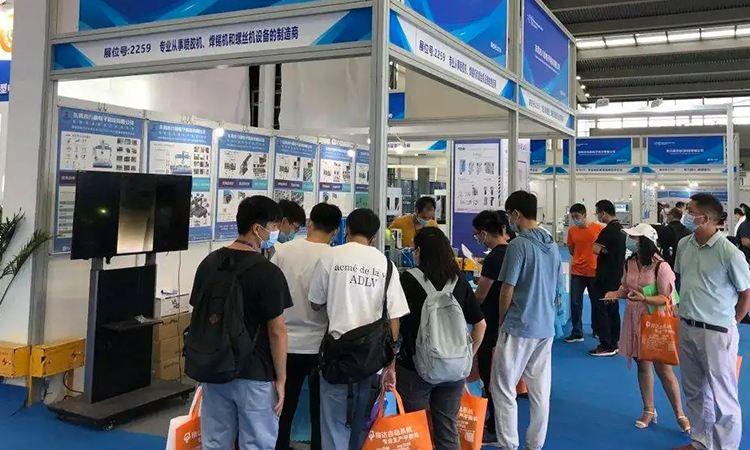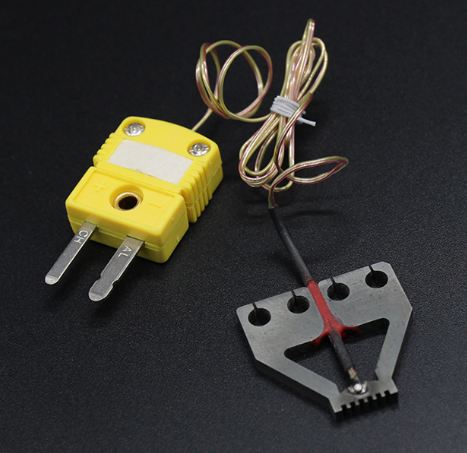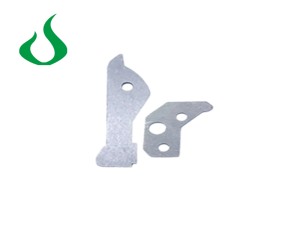MENU

 LNG
LNG
The design of lap joint of precision spot welding tip is similar to spot welding. Generally, the overlap of the projection welding tip is smaller than that of the solder joint. The spacing between bump is not strictly limited. The bumps and rings on the bolts and nuts use for precision spot welding tips are one-time molding when the parts are forging. When the surface quality of a workpiece is required to be high, the bump should be punched on another workpiece. When the workpiece is projection to weld nuts, bolts and other fasteners, the number of bumps must be sufficient to withstand the design load.
Design requirements fot the bumpd of precision spot welding tip.
The function of the bump is to confine the current and pressure to a specific position of the workpiece, and its shape and size depend on the application and the strength of the solder joint. The solder joint sizes recommended by different informations are often very different. Generally, it is recommended to use the bump size specified in the table below. Compared with the thickness of the plate with bumps, small bumps are used when the plate is thin, and large bump are used when the plate is thick.
There are two shapes of precision spot welding tips: sector and conical. The conical shape can imporve the rigidity of the bumps and prevent premature crushing when the electrode pressure is high; It can be also reduce the splash caused by excessive current density. But sector shape bumps are usually used. In order to prevent the extruded metal from remaining around the bumps and forming gaps between the plates, bumps with annular overflow grooves are sometimes used. In multi-point projection welding, the inconsistent height of the bumps will cause the imbalance of the current at each point and make the joint strength unstable. Therefore, the height error of the bump should not exceed ±0.12mm. If the preheat current is used, the error can be increased.
The precision spot welding tip can also be made into a long shape (approximately elliptical) to increase the size of the nugget and increase the strength of the solder joint. In addition to using the above-mentioned bumps of several shapes to form joints, there are also many joint forms according to different types of projection welding workpiece.


